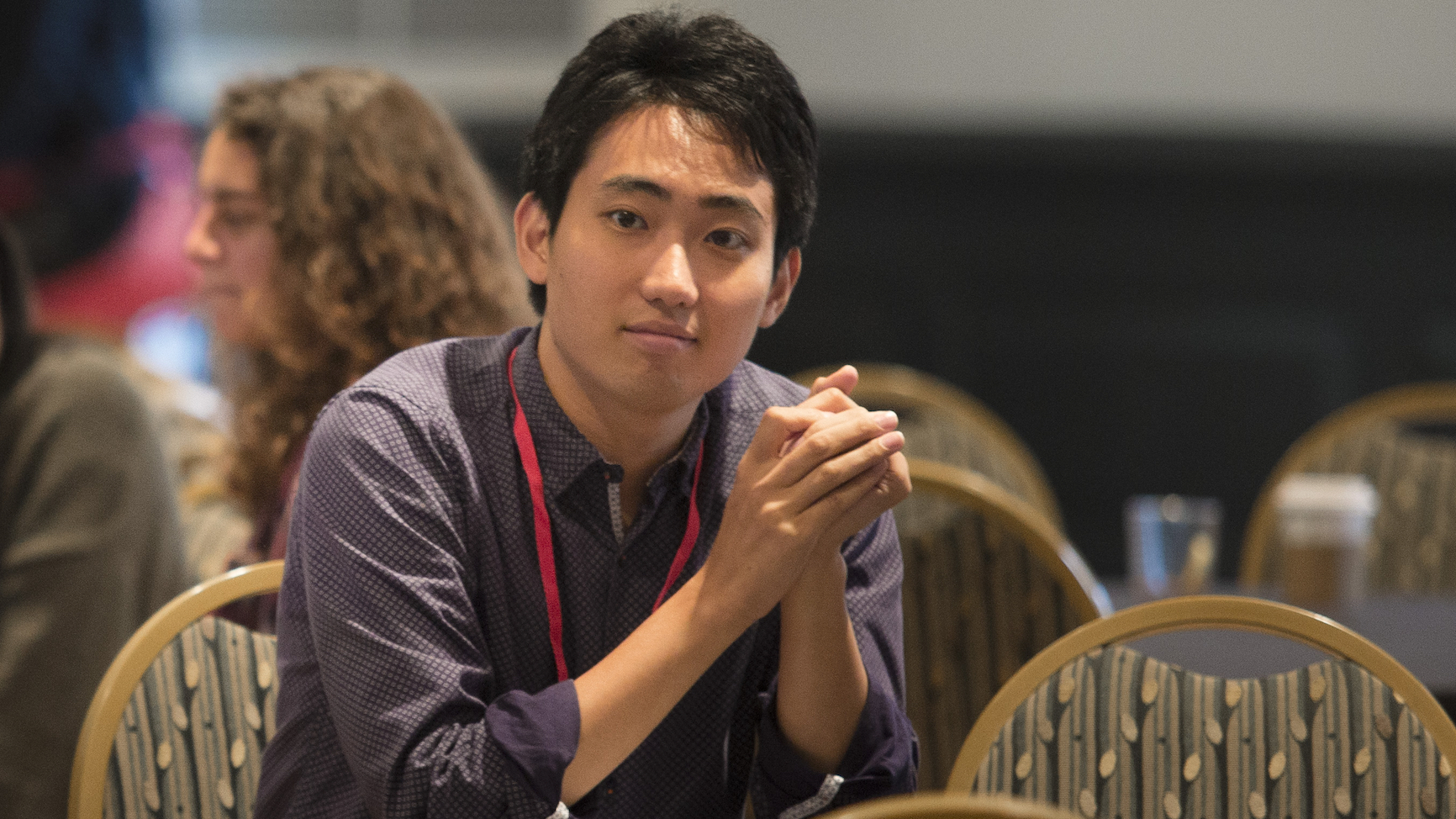888 - Masato Nakamura / What speeded cloze evidence can reveal about the mechanisms of lexical prediction

888 - Masato Nakamura / What speeded cloze evidence can reveal about the mechanisms of lexical prediction
Many studies have shown that language comprehension is not just a passive process where comprehenders wait until they hear or read linguistic inputs to process them. Instead, the processing of each item begins before it is actually perceived. In this paper I discuss two studies that investigate the underlying process of prediction. Those studies place special emphasis on the linking hypotheses that we use to interpret measures of prediction. We use those linking assumptions to make precise hypotheses about what we should observe in human experiments. In both studies, the human data differ from the model predictions. These discrepancies are used to refine the theories of prediction.
We first investigate the patterns of responses in the speeded cloze task, a paradigm that is used to probe which lexical item(s) people are predicting given a certain context. A computational simulation showed that items which are somewhat expected but not highly expected are produced in experiments more often than an existing model of the task predicts. Another computational simulation suggests that an additional assumption of lateral inhibition between the competing candidate items in predictive activation can resolve the discrepancy.
The next study focuses on a contrast between different kinds of experimental measures, building on the linking hypothesis discussed in the first study. It has been robustly replicated that some measures of prediction are insensitive to argument roles. For example, the same verb served should be highly predictable in (1a) but not in (1b). However, studies with multiple measures (event-related potentials (ERPs), visual world paradigm) suggest that people at least temporarily expect this verb similarly in the two contexts. This is interpreted to indicate that the roles of arguments are not effective in shaping early predictions.
(1) a. The restaurant owner asked which customer the waitress had served.
b. The restaurant owner asked which waitress the customer had served.
However, the same conclusion might not hold for the speeded cloze task, which may be understood as another measure of prediction. One speeded cloze study (Chow, Kurenkov, Kraut, & Phillips, 2015) suggests that early expectations are in fact sensitive to argument roles. We conducted an experiment to further confirm that the mismatch between different measures persists in a speeded cloze experiment which was carefully matched with an existing ERP study that showed no effect of argument roles. We found that cloze responses show clear sensitivity to the argument roles. People almost always produce verbs that match the roles of the context arguments. Thus there is a puzzle in that different ways of probing predictions point us to completely different conclusions: some of them show that argument roles are not effective, while another suggests the opposite. I will discuss how this puzzle can lead us to refine our model of prediction.

